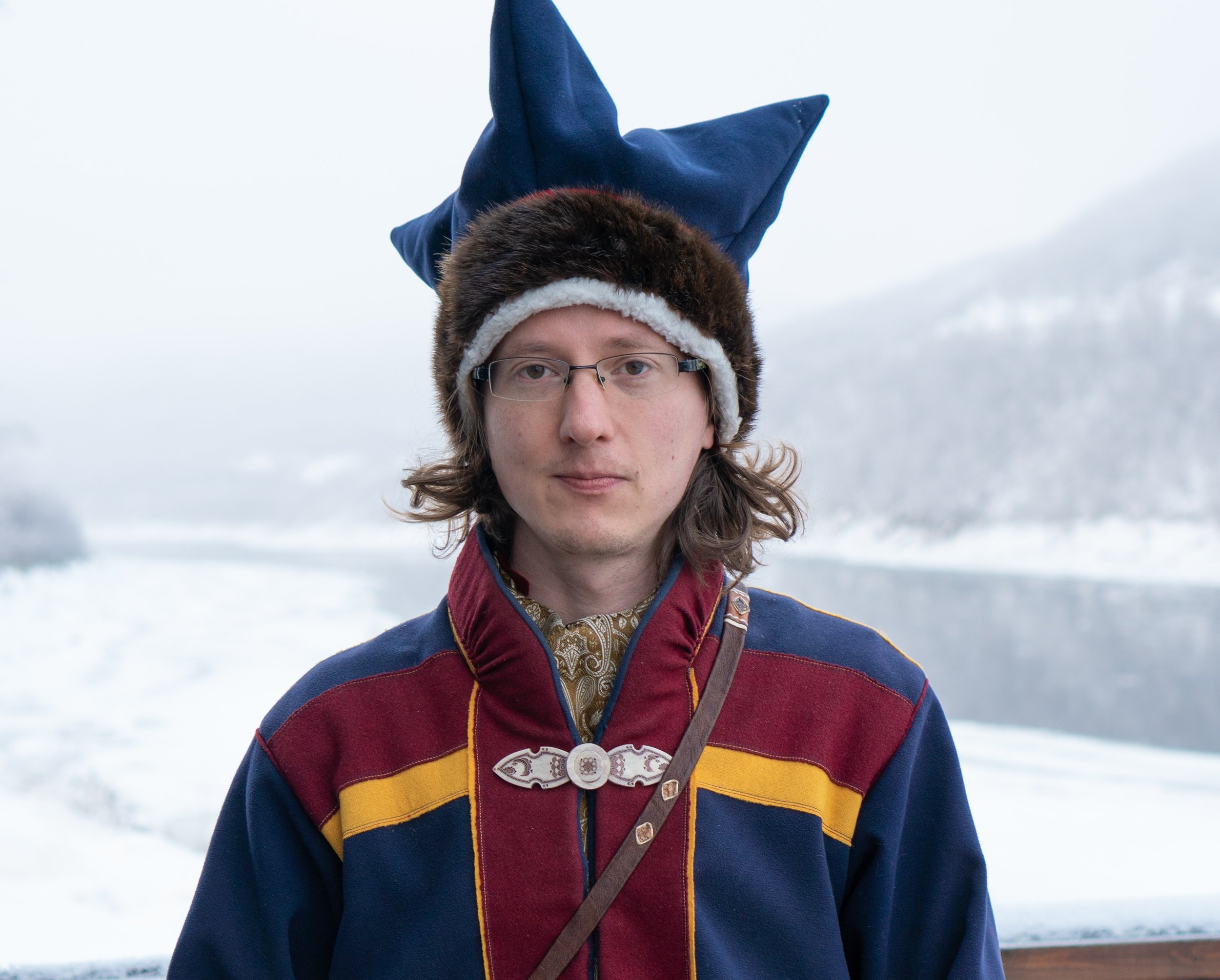Saami Council shares Norwegian Investment Bank's concern for human rights violations in Øyfjellet
Norway’s largest asset manager places Swedish wind power company under observation for human rights risks on Southern Sámi reindeer herding lands. The Saami Council has previously warned about wind energy development which violates Saami reindeer herding rights and called for justice for Indigenous peoples in the “green energy transition”.
On August 23rd 2022, Storebrand Asset Management informed that they have placed Swedish wind energy developer Eolus Vind on their observation list due to negative impacts on ancestral Southern Saami reindeer herding from the Øyfjellet project in Vefsn municipality, in Central Norway. Storebrand has been in dialogue with Eolus Vind since February 2021, and the decision was made public in Storebrand’s periodic report and assessment of achievements of their own Environmental, Social, and Government standards for sustainable investments.
In the report, Storebrand emphasizes that the decision to inquire the Øyfjellet case follows the landmark verdict from the Norwegian Supreme Court in October 2021. The verdict ruled in favor of the reindeer herding community at the Fovsen peninsula, who claimed that the Fosen Vind energy project violates their right to enjoy their culture. According to Storebrand, the verdict sets precedence in cases concerning renewable energy development and indigenous rights.
«Enabling a just transition to a carbon neutral economy will require investments in renewable energy, but such investments must also respect the rights of indigenous peoples and other vulnerable groups», says Jan Erik Saugestad, CEO of Storebrand Asset Management in the report.
Today, Storebrand has an investment of 16,5 million NOK in Eolus Vind, which they consider divesting if the company does not show improvement within a given time, including engaging in a proper consultation process with the impacted reindeer herding community, Jillen Njaarke Sïjte, to seek their Free, Prior and Informed Consent (FPIC). Moreover, Storebrand requires Eolus Vind to adopt a policy on respect for Indigenous peoples’ rights to be applied in all projects in the future.
With its 400 MW installed capacity, the Øyfjellet project is one of Norway’s largest on-shore wind energy projects, consisting of 72 wind turbines, extensive networks of roads, power lines, and encroachments within an area of 40 km2. The infrastructure blocks an ancestral migration route destroys important pastureland and adds to cumulative impacts from previous encroachments from mining, hydropower, roads, and railways, as well as challenges due to climate change.
The license for the Øyfjellet project was approved by the Ministry of Petroleum and Energy in 2016, on the condition that Eolus Vind would come to an agreement with Jillen Njaarke on how to safeguard the impacted migration route, but no such agreement exists. Even though the question of human rights violations is to be settled by the District Court in 2023, Eolus Vind got pre-approval to start the construction in 2019. The Øyfjellet wind project was therefore built in 2021 without the consent of Jillen Njaarke Sïjte. The Jillen Njaarke Sijte argues the negative impacts of the wind power project will threaten the future existence of their ancestral reindeer herding and the Southern Saami culture, violating Article 27 of the International Convention on Civil and Political Rights.
In Saami Council’s opinion, the license to construct wind power plants to Øyfjellet is invalid, as no consent has been given by the affected Sámi community. The Saami Council urges investors to withdraw from the Øyfjellet wind power project and Government of Norway to follow up on their human rights obligations.
«It is very unsustainable practice from the Norwegian authorities to first grant a license and only afterwards consider possible human rights violations. As the state is not ensuring sufficient licensing procedure to avoid violations, it is of utmost importance that investors and companies have robust standards and procedures for avoiding violating Indigenous Peoples’ rights in the name of the Green Shift.», says Aslak Holmberg, the President of the Saami Council.
In 2020, the Saami Council sent a communication to the UN Special Rapporteur on the Rights of Indigenous Peoples on the human rights violations in the Øyfjellet case, who responded by sending a communication to Norway in December 2021.


